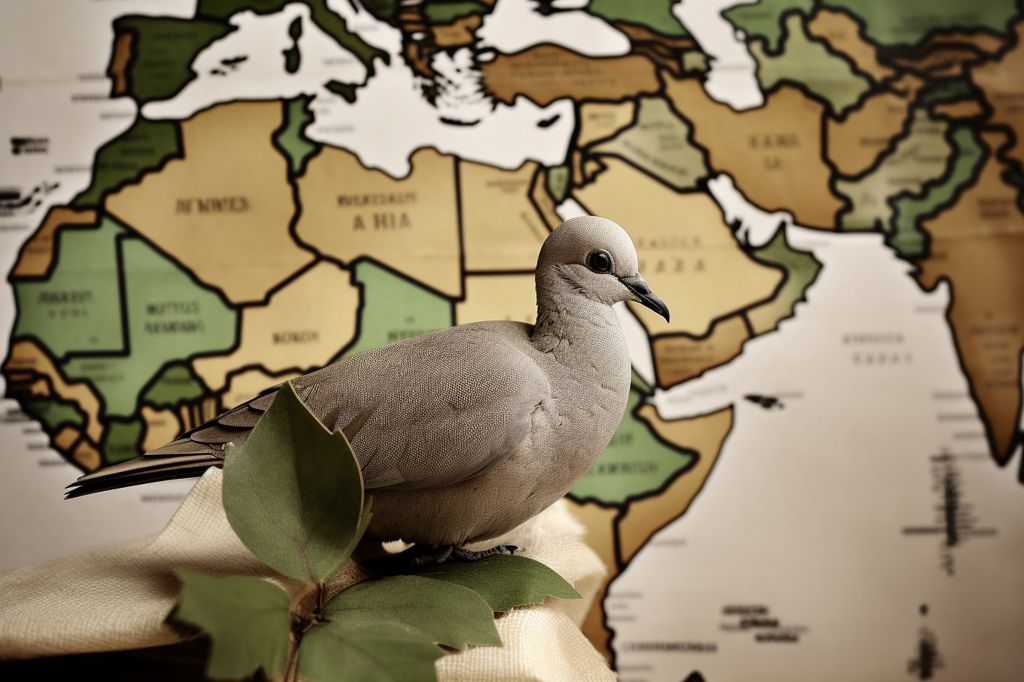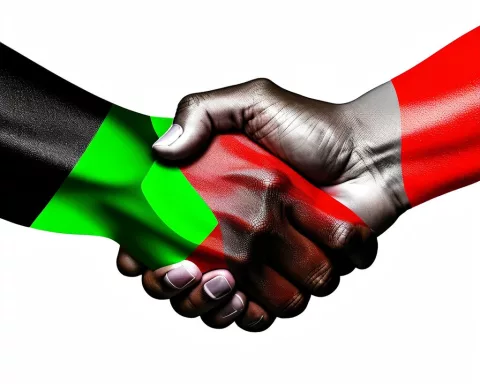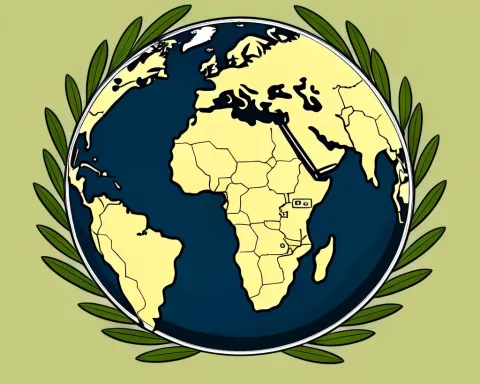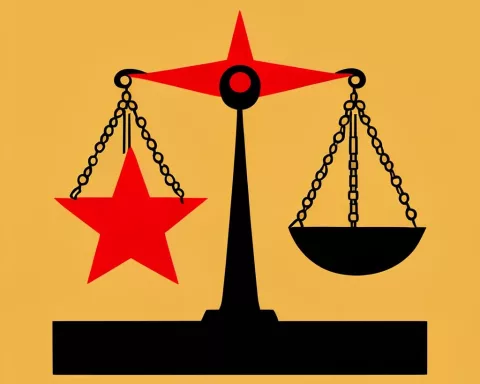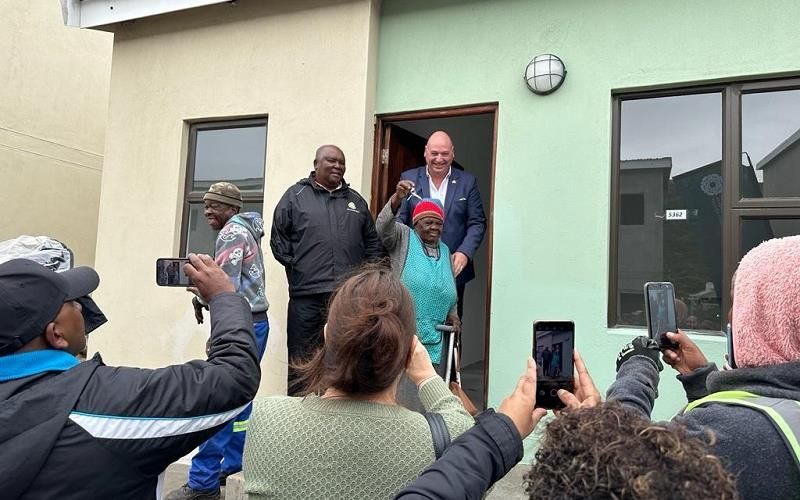South African President Cyril Ramaphosa recently announced an African-led peace initiative to help resolve the ongoing Russia-Ukraine conflict. This initiative highlights the growing role of African nations in global diplomacy. The collective effort comprises representatives from several countries, which includes Zambia, Senegal, the Democratic Republic of Congo, Uganda, Egypt, and South Africa. The African leaders intend to send a delegation to Moscow and Kyiv to present their proposal, with an aim to put an end to the devastating war.
Ramaphosa’s hopes for the diplomatic mission
President Ramaphosa hopes that this diplomatic mission will complement other international efforts to resolve the conflict. He expressed his sentiments during a joint briefing with Singaporean Prime Minister Lee Hsien Loong in Cape Town. The South African president initially revealed in March 2022 that his government had been approached to mediate in the war, due to the country’s relations with Russia and its membership in the BRICS bloc. This announcement lays the groundwork for the African peace initiative.
Controversies around South Africa’s neutrality
However, South Africa’s neutrality in the conflict has been challenged after the US accused the nation of providing arms to Russia. Additionally, South Africa’s army chief engaged in discussions with his Russian counterpart in Moscow, raising questions about the country’s impartiality. In response, the South African government denied any knowledge of weapons shipments and has appointed an independent judge to investigate the allegations.
Talks with Putin and Zelenskiy
Despite these controversies, President Ramaphosa held talks with both Russian President Vladimir Putin and Ukrainian President Volodymyr Zelenskiy in May, securing their agreement to receive the African delegation. This development underscores the potential impact of African nations coming together to mediate in a conflict that has captured the world’s attention.
The impact of the African peace initiative
The Russia-Ukraine war, which has caused enormous human suffering, displacement, and economic disruption, has led to a renewed push for diplomatic solutions. The African peace initiative, spearheaded by President Ramaphosa, offers a new avenue for dialogue and possible resolution. It also serves as a reminder of the importance of engaging diverse perspectives and building consensus across nations and regions.
The peace plan will also provide an opportunity for African nations to demonstrate their commitment to global peace and stability. With the continent facing its own unique set of challenges, including ongoing conflicts, political instability, and poverty, a successful mediation in the Russia-Ukraine conflict could serve as a model for future African-led peace efforts.
The world looks forward to the outcomes
As the world continues to watch the Russia-Ukraine war unfold, the joint peace initiative led by President Ramaphosa and his fellow African leaders offers hope for a peaceful resolution. While the outcomes of the mediation effort remain uncertain, the involvement of African nations in the process signals their growing influence and potential to contribute positively to international diplomacy. The world now looks forward to the outcomes of this mediation effort and the positive strides it could make towards a lasting resolution of the conflict.

